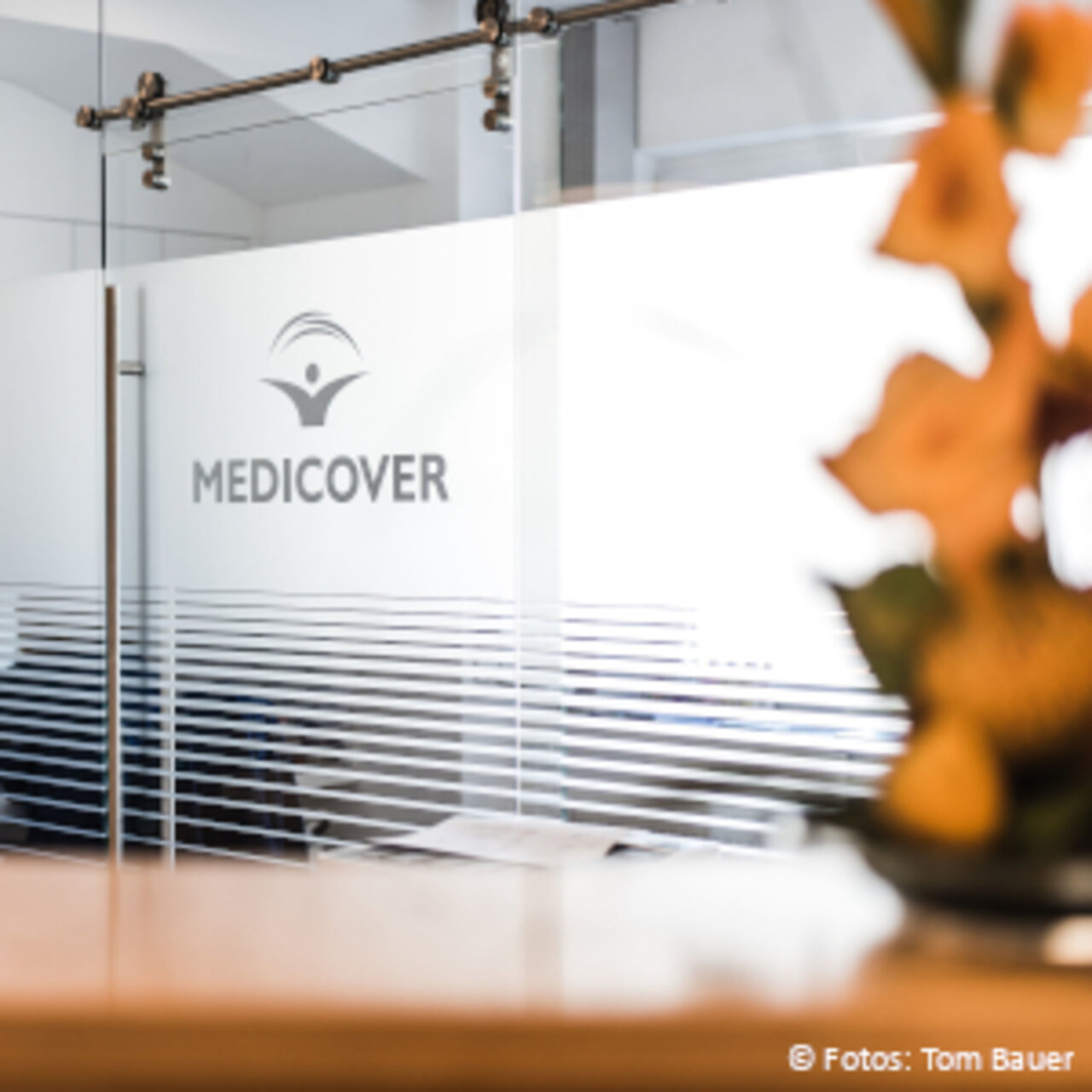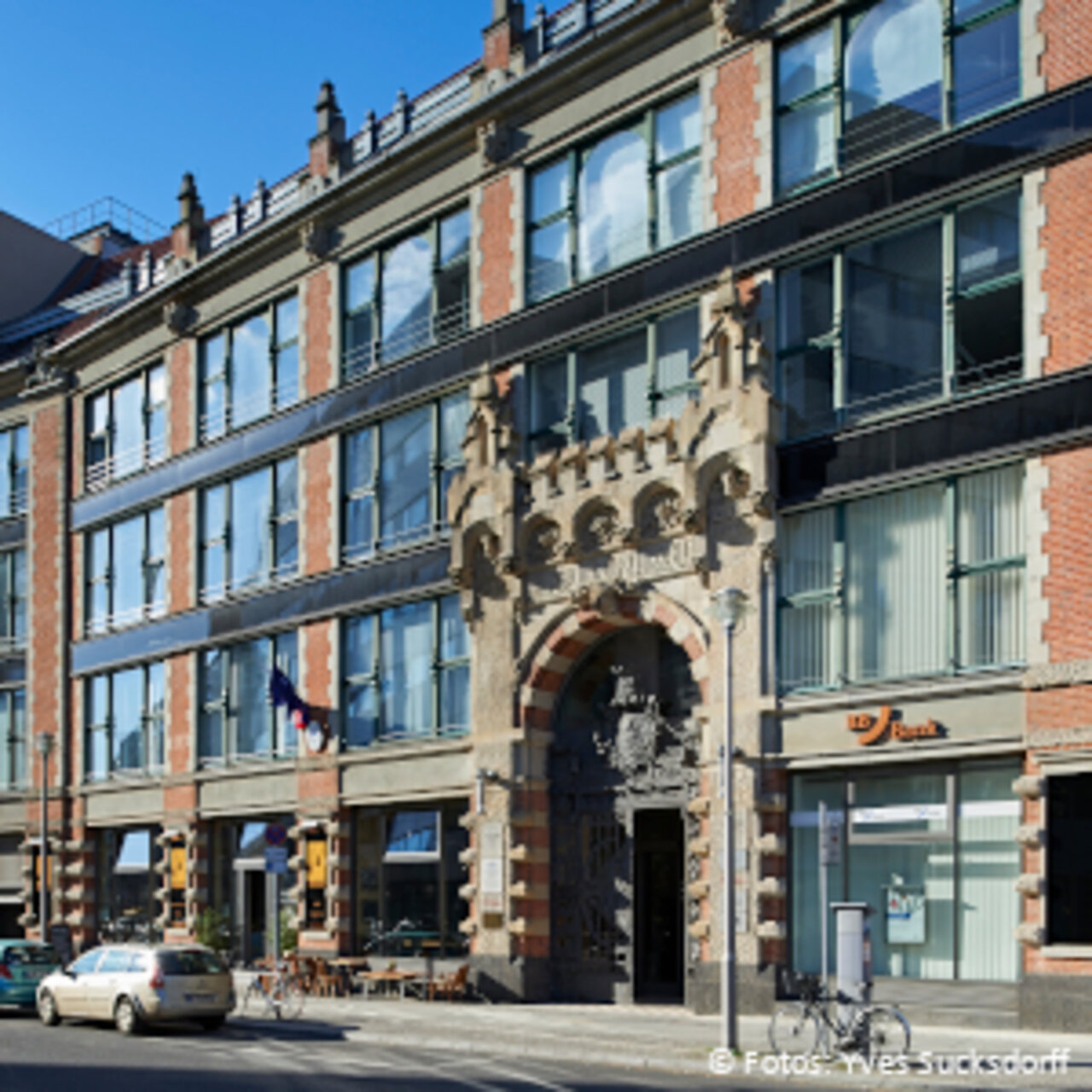Specialists in Hypertension in diabetes cases
6 Specialists found
Information About the Field of Hypertension in diabetes cases
Hypertension and diabetes mellitus type 2 often occur together. More than 70% of patients suffering from type 2 diabetes also have hypertension. Important risk factors for developing hypertension as well as diabetes are overweight, lack of exercise, poor diet and smoking which is why they often manifest together. About half the patients being diagnosed with diabetes for the first time also suffer from hypertension at this point.
What is hypertension?
Blood pressure refers to the pressure inside the blood vessels, while two distinct values are determined when it is measured. The systolic blood pressure and the diastolic blood pressure. Together, they indicate how much pressure there is in the arteries during the cardiac pumping phases. During systole, the heart pumps blood out of its chambers. It is the phase in which blood pressure is greater. During diastole, the heart chambers fill with blood in order to pump it out again during the following systole. The pressure in the vessels is lower during diastole. Normal blood pressure is 120/80 mmHg (millimeter of mercury). In the case of hypertension, the blood pressure in the vessels is elevated. At a value of 140/90 mmHg and above, it is referred to as high blood pressure.
Why are diabetics often affected by hypertension?
Hypertension and type 2 diabetes often occur together, as more than 70 percent of type 2 diabetics suffer from hypertension. Other than diabetes, important risk factors for developing hypertension are overweight, lack of exercise, poor diet and smoking. For this reason, these two conditions occur together so frequently. At the time of the initial diagnosis, around half the diabetics already have hypertension.
Also diabetes itself plays a role in developing hypertension. The altered metabolism seen in diabetes or pre-diabetes activates the renin-angiotensin-aldosterone system (RAAS) which regulates the body’s electrolyte and water balance and therefore also has its part in blood pressure regulation. Once the RAAS is activated, blood pressure increases. Also insulin may have an influence on blood pressure. Type 2 diabetes is associated with an overproduction of insulin during the early stages which may result in a blood pressure increase.
Patients that develop diabetic nephropathy may be associated with damage to the nerves which are in charge of regulation blood pressure. Such cases involve hypertension when lying down but a drop in blood pressure when standing upright.
In type 1 diabetes, an increase in blood pressure is usually observed only as the condition progresses to stages involving kidney damage. Hypertension is a common complication of kidney diseases. Kidney damage is also the reason why diabetics have an elevated blood pressure.
Why is hypertension dangerous for patients with diabetes?
Hypertension can have severe consequences, including an increased risk for heart or blood vessel diseases. The combination of hypertension and diabetes further potentiates this risk. Strokes or heart attacks are more common in patients with hypertension than in patients with normal blood pressure.
Not only does hypertension often arise from kidney damage, it in turn also causes injury to the kidneys. Therefore hypertension and kidney problems affect each other in a bad way.
Hypertension can also harm the eyes as it damages small blood vessels. This can lead to small bleedings within the retina, for instance, which may cause visual disturbances.
What can diabetics do against hypertension?
Diabetic patients should have a blood pressure of below 130/80 mmHg at rest.
There are many things patients can do themselves to reduce blood pressure. These include weight reduction, lots of exercise and a healthy diet have positive effects on blood pressure. Specialists recommend a balanced diet that includes lots of vegetables, fruits and milk products with low fat content as well as regular exercise for at least 30 minutes on 5-7 days a week, such as low intensity cardio. Furthermore, alcohol intake should be restricted and smoking should be stopped.
Diabetics should follow a low salt diet. As salt attracts water, blood volume will increase and cause an elevation in blood pressure. Recommendations are 5-6 grams of salt per day.
What medications can control blood pressure in diabetics?
Several drugs that lower blood pressure are adequate choices for diabetes.
RAAS-inhibitors are frequently first line drugs to manage hypertension. By inhibiting the activation of RAAS, they reduce the blood pressure. ACE-inhibitors as well as ARBs are members of this drug class.
Calcium channel blockers can be prescribed in case patient don’t tolerate ACE-inhibitors well or they can be combined. This medication acts on smooth muscle and induces blood vessel dilation which in turn decreases vascular resistance and blood pressure.
Beta blockers act on the heart and also decrease blood pressure. They can be given to patients with hypertension that also suffer from arrhythmias or experienced a myocardial infarction.
Diuretics are used for heart diseases and work by increasing the amount of water excreted through the urine. As blood volume goes down, also blood pressure is decreased.
A relatively new medication that is used in the treatment of diabetes is referred to as
SGLT-2-inhibitors are a relatively new drug class that increase the amount of glucose and sodium lost with urine. This causes the blood glucose level as well as blood pressure to go down and is also associated with a positive effect on the progression of heart and kidney disease sequelae.
Patients with diabetic neuropathy make treatment more difficult as their blood pressure may be too low during the day.
These patients can take blood pressure drugs that have a shorter effect before bedtime.
Which doctors and clinics are specialists in the management of blood pressure in diabetics?
If you're in need of a doctor, you expect the best possible medical care. So of course patients are curious to find out what clinic to go to. As there is no objective way to answer this question and a legitimate doctor would never claim to be the best, patients must rely on a doctor's experience.
Let us help you find an expert for your condition. All listed doctors and clinics have been reviewed by us for their outstanding specialization in the field of hypertension in diabetes and are looking forward to your inquiry or wish for treatment.





